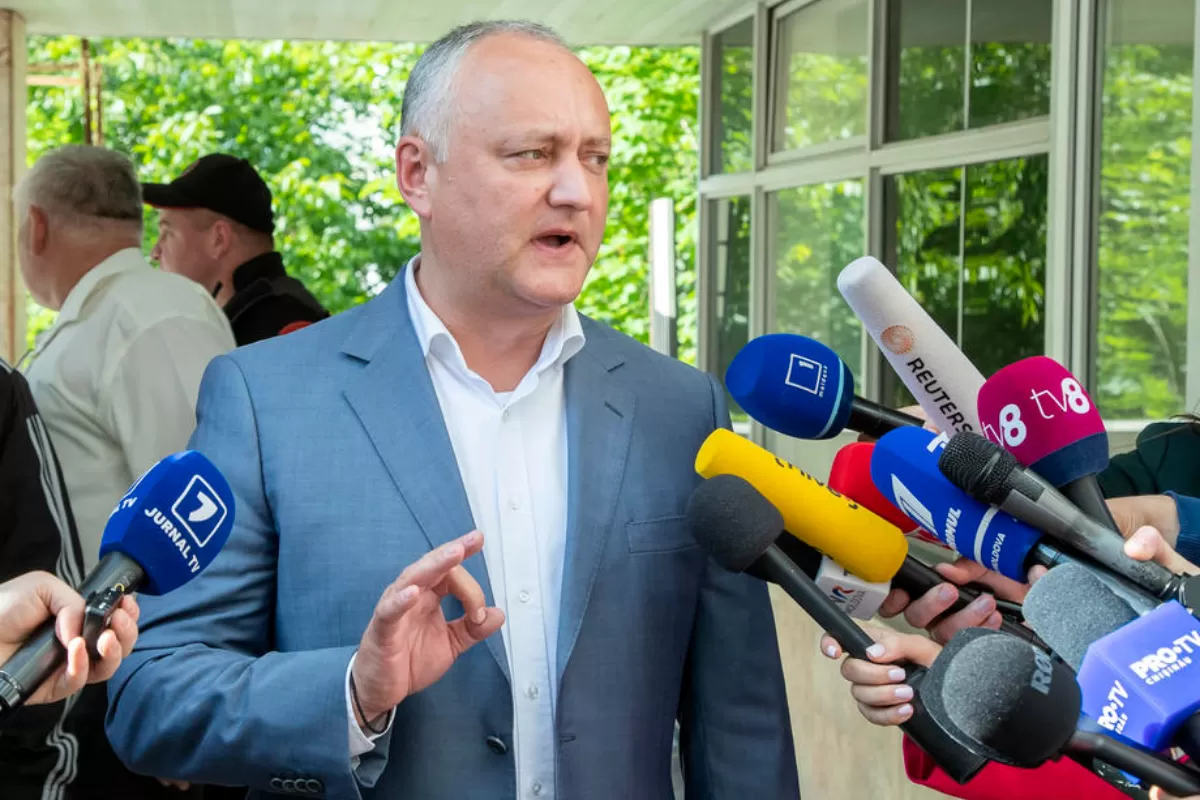
Moldova is undergoing an economic crisis, and the Government and the West is providing it with weapons for the war in Ukraine, while at the same time preparing the unification with Romania. The narratives were launched by former president, Igor Dodon, and were amplified by the pro-Socialist and Russian media.
NEWS: Igor Dodon: “[…] Against the backdrop of the economic and energy crises, which the PAS government is unable to overcome due to its incompetence, we were told that lethal weapons and possibly foreign troops will be brought to Moldova. Which means this winter we will struggle with poverty and the cold, but we will have cannons and rockets.
You can see very clearly that Maia Sandu and her foreign masters are playing the Ukrainian card, deliberately destabilizing the country, whereas decision-makers in the West want to use Moldovans as cannon fodder in their geopolitical fight in the region. In fact, all the militarization and anti-Russian hysteria are deliberate, in order to justify the presence of NATO troops on the territory of the Republic of Moldova. They are preparing the connection of our country to the territory of Romania in military and political terms, by renouncing neutrality. Without consulting the opinion of citizens and going against constitutional norms, they are preparing a technical, political and military union which they will subsequently try to formalize in legal terms as well at the level of Parliament and the Constitutional Court, both controlled by PAS, and under “the protection” of foreign troops present in Moldova, which is exactly what happened at the start of the previous century. […]
Personally, I am confident that, sooner or later, I will join the disgruntled people and the unavoidable protests. I will help in any way I can. If the Socialist Party and I were in charge now, this chaos and economic downfall would never have happened. We would have managed the risks in economy, healthcare and energy with more skill, more diplomacy and more responsibility. No military threat would have targeted our country.
What we have today is a time of great hardship. And we have to fight in order to get things back on track. I am confident the people will choose to fight for the future of their country and their children, instead of standing by and dying in poverty and cold”, Igor Dodon wrote on social media.
Check sources:


